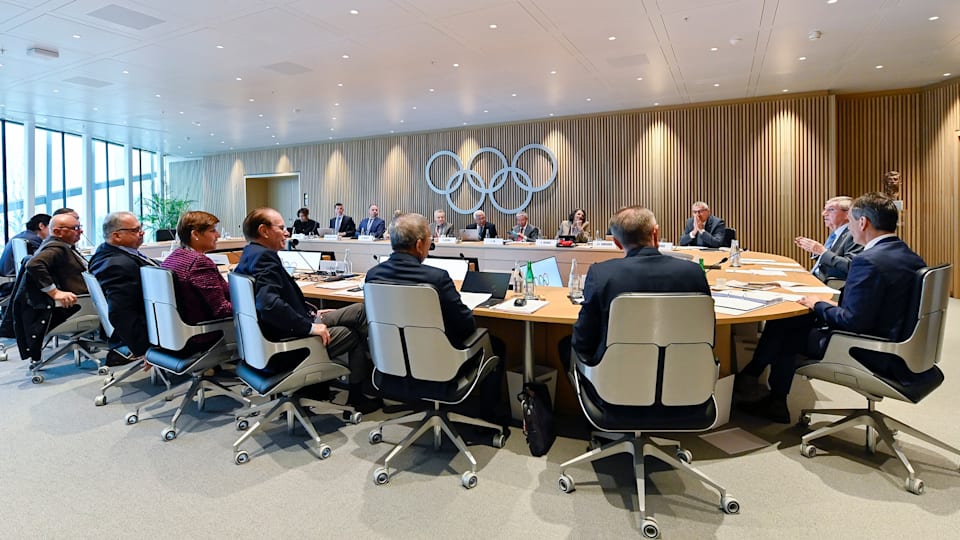IOC EB announces a USD 5 million budget for long-term storage of pre-Games testing samples
Following up on the IOC President’s announcement during the recent World Anti-Doping Agency (WADA)’s Fifth World Conference on Doping in Sport, the IOC Executive Board (EB) today approved a budget of up to USD 5 million, spread over 10 years, to be allocated in a comprehensive long-term storage programme managed by the International Testing Agency (ITA).

The programme will cover the long-term storage for up to 10 years of the samples collected by International Federations (IFs) and National Anti-Doping Organisations (NADOs) ahead of the Olympic Games Tokyo 2020. Potentially, 22,000 samples could be kept within this programme.
This measure echoes the IOC EB’s proposal, in October 2019, to consider the long-term storage of pre-Games testing samples, and is part of a USD 10 million commitment by the IOC to support a four-point action plan aimed at strengthening the fight against doping.
The initiative will supplement the Tokyo 2020 pre-Games testing programme, which will be coordinated by the ITA with the support of key stakeholders such as WADA, the IFs and the NADOs.
With the advances in scientific analytical techniques in the years following each Olympic Games edition, this initiative is a valuable step towards significantly increasing the proportion of samples gathered in the pre-Games testing programme that are kept in long-term storage, using an intelligent approach based on the profile of the relevant sport and event, nationality and individual athlete concerned.
The reanalysis of those samples could also prove useful in cases of medal reallocation for Olympic competitions as a result of an Anti-Doping Rule Violation (ADRV), allowing for an additional confirmation before a reallocation decision is made.
The World Anti-Doping Code allows for the reanalysis of samples within 10 years from the date of collection. The IOC has maintained a comprehensive reanalysis programme on samples collected at recent Olympic Games. This investment has proved increasingly important as a deterrent, since analysis methodologies develop over time to allow increased detection of prohibited substances or methods in reanalysed samples.
Since 2018, the reanalysis has also been conducted independently of the IOC by the ITA, which is now working with 41 IFs.